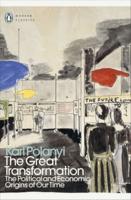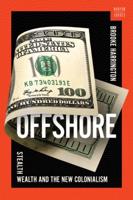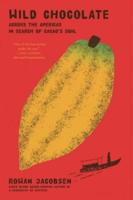Publisher's Synopsis
Culture has returned to the poverty research agenda. Over the past decade, sociologists, demographers, and even economists have begun asking questions about the role of culture in many aspects of poverty, at times even explaining the behavior of low-income populations in reference to cultural factors. Unlike their predecessors, contemporary researchers rarely claim that culture will sustain itself for multiple generations regardless of structural changes, and they almost never use the term "pathology," which implied in an earlier era that people would cease to be poor if they changed their culture. The new generation of scholars conceives of culture in substantially different ways. In this latest issue of the ANNALS, readers are treated to thought-provoking articles that attempt to bridge the gap between poverty and culture scholarship, highlighting new trends in poverty research. The authors identify the scholarly and policy-related basis for why poverty researchers should be deeply concerned with culture, noting the importance of understanding better how people cope with poverty and how they escape it. They then tackle the perplexing question—what is "culture"?—and propose that sociologists and anthropologists studying culture have developed at least seven different analytical tools for capturing meaning that could help answer a number of questions central to the study of poverty, including those centered on marriage, education, neighborhoods, and community participation, among others. While not denying the importance of macro-structural conditions—such as the concentration of wealth and income, the spatial segregation across classes and racial groups, or the persistent international migration of labor and capital—they argue that human action is both constrained and enabled by the meaning people give to their actions and that these dynamics should become central to our understanding of the production and reproduction of poverty and social inequality. By considering poverty in the United States and abroad, examining both the elite, policy-making level and the daily lives of low-income people themselves, the articles convey a composite and multileveled picture of the ways in which meaning-making factors into the production and reproduction of poverty. The volume aims to demonstrate the importance of cultural concepts for poverty research, serve as a model and a resource for poverty scholars who wish to incorporate cultural concepts into their research, assist in the training of future scholars working at the nexus of poverty and culture, and identify crucial areas for future methodological, theoretical, and empirical development. The volume also serves to debunk existing myths about the cultural orientations of the poor for those formulating policy; as the editors point out, "ignoring culture can lead to bad policy."This volume is vital reading, not only for sociologists but also for researchers across the social sciences as a whole.










